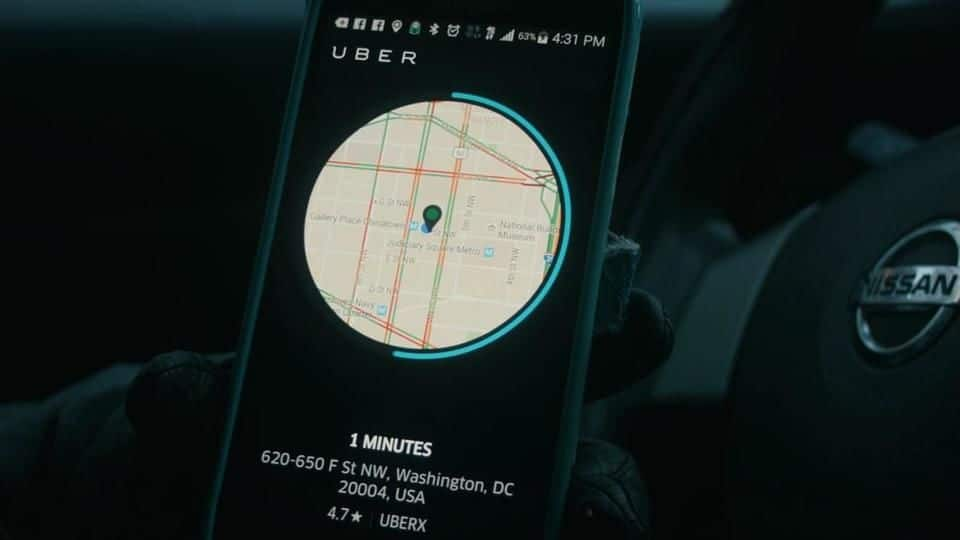
European court declares Uber a 'transport-service'. What does this mean?
What's the story
In a judgment that could have far-reaching consequences, the European Court of Justice (ECJ) has ruled that Uber should be classified as a transport service and regulated like other cab services.
According to Uber, this wouldn't impact its operations, but analysts say it could dent Europe's expanding gig economy.
However, this means Uber will have to adhere to traditional business ethics. Here's more.
Case
What was the case about?
A group of professional cab drivers in Spain took Uber to court over the benefits it enjoyed as an online venture: for one, its drivers didn't need licenses like others do.
Such concessions were adversely affecting their business, they argued.
Uber said it should be considered as simply a technology platform connecting drivers and riders.
The court referred the matter to the ECJ.
Order
The ECJ's ruling in details
The ECJ observed that a service which connected "non-professional drivers using their own vehicle with persons who wish to make urban journeys" must be classified as "a service in the field of transport" under EU laws.
"It is for the member states to regulate the conditions under which such services are to be provided."
The judgment is final and cannot be appealed.
Quote
'Uber has to play by the same rules as everybody'
For Frances O'Grady, General Secretary of the British Trades Union Congress, the verdict means Uber has to "play by the same rules as everybody else". "Their drivers are not commodities. They deserve at the very least the minimum wage and holiday pay."
Impact
What could this mean for Uber and for other businesses?
According to Uber's spokesperson, this won't impact their operations in "most EU countries where we already operate under transportation law".
However, industry members say it's a setback for online businesses/start-ups which operate on similar models, like Airbnb.
It might also halt innovation that start-ups tend to bring; tech entrepreneur Rohan Silva says London cabs started accepting credit cards only due to the competition.
Status
Uber struggling with legal cases in several countries
Meanwhile, Uber is fighting to get a license in London, where Transport for London said it wasn't "fit and proper" to run a cab service over its safety norms violations.
It can operate till its appeal is heard and disposed of.
In November, it lost an appeal against a UK employment tribunal ruling that said its drivers, as workers, must be accorded legal rights.